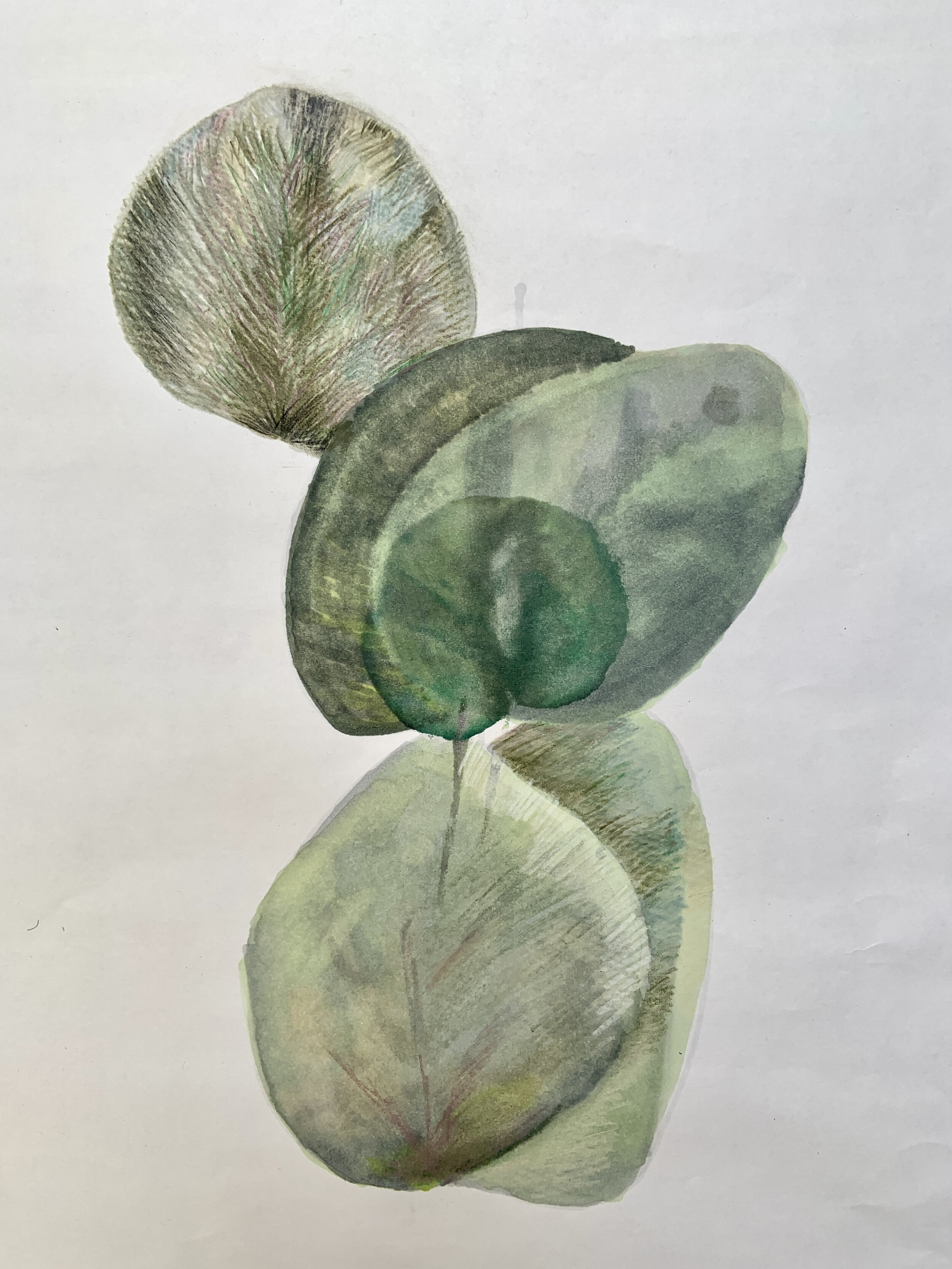THINKINGS
The edge
Returning to the coast has brought memories of a childhood spent living by the sea. Finding the beautiful engravings by Eric Fitch Daglish led me to his wonderful books written with all the wonderment of a child. One of my favoutites is The Seaside Nature Book and this quote led me to think about life at the edge of land and sea.
Jelly-fish, starfish, sea-urchins, crabs, and shrimps, together with other creatures less easily labelled, attract our notice, while a glance at pools left between rocks or in the recesses of breakwaters and groynes reveals many forms of life, beautiful or bizarre, which have no counterparts on dry land. It is the strangeness and the diversity of shore-life that makes it so fascinating and arresting. By walking a few hundred yards we may see a greater variety of animals than can be encountered in a very much larger area inland; and that is not all. The shore population is ever changing. Every turn of the tide may bring in new forms, so that on each of our walks along a beach we keep our interest and wonder alert.
Watercolour, crayon and pen drawing of eucalyptus leaves
Nature’s diversity
Quote by Bruno Munari:
Natural forms are continually modified during growth by their surroundings. Theoretically all the leaves of a single tree should be identical, but this could only happen if they were able to grow in surroundings completely devoid of outside influences and variations. All oranges should have an identical round shape. But in reality one grows in the shade, another in the sun, another in the narrow space between two branches, and they all turn out to be different. This diversity is a sign of life as it is actually lived.
A studio event
A series of events
When strolling on the beach and looking down at the enormous variety of pebbles, it is a wondrous thing to think that they are not objects but a series of events. They exist in relation to each other and this can be applied to everything.
Carlo Rovelli explains it so well…
The world is not a collection of things, it is a collection of events. The difference between things and events is that things persist in time, events have a limited duration. A stone is a prototypical ‘thing’: we can ask ourselves where will it be tomorrow. The world is made up of networks of kisses, not of stones.
Even we humans are events; multitudes of events in which air, food, water, information and culture is consumed, transformed and emitted. Only by looking at the world as wildly complex networks of events can we understand it.
Small Things, Axel Salto (1935)
Behind curtains in your mind are all the real things, all the ships plying your childhood's coast.
The bursting buds and the breathing leaves, the ingenious form of the flower has a deeper meaning.
Talk to the sprouting seed that loves to grow, trades a wise head for a burning heart.
In the twilight of the grass you will learn something important about the caring or cruel connection of things.
The meadow, the forest and the long shore are worthy of your attention, keepers of your joy, whether you, by the green wheat field, let your hand run along the ears' rows of seeds, or you, in the glow of Indian summer, gather the warm brown acorns to sketch from.
The nautilus spiral in the flagstones and the star of the fossilised sea urchin speaks to you over the sea of time.
The conch's boiling mother-of-pearl mouth exhales its salty breath into the clover wind.
The abiding, the eternal, you yourself are a seed in the sun, sprouting, flowering, ripening, withering and sprouting again.
Let the timid mind soar like a kite
and put your ear to the ground, the small things are speaking.
Are you sad about the little things? Well! Then the cloud will appear in his dark blue cloak.
With his beard on fire and a rumble on his tongue he tips the watering can over you, and you are drenched to the skin.



